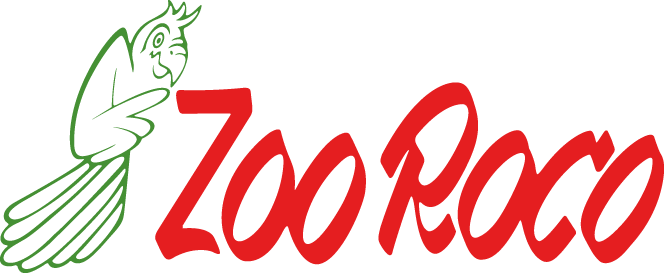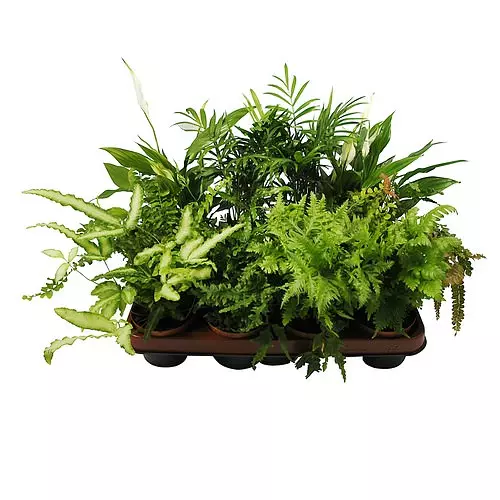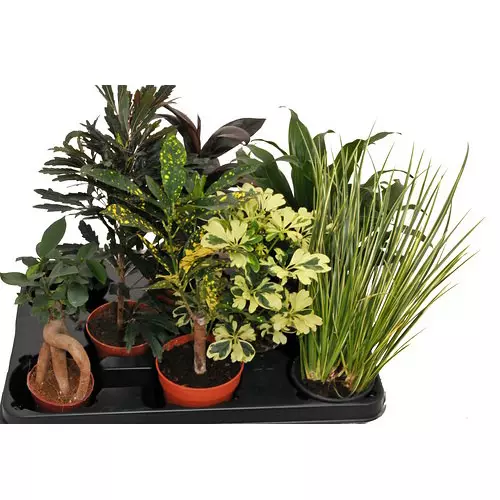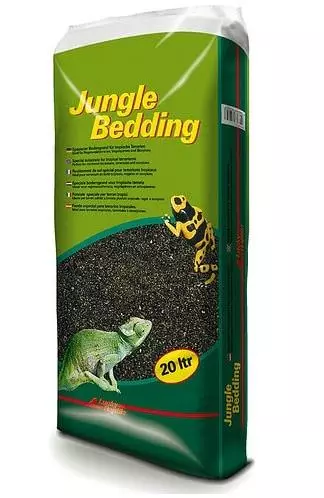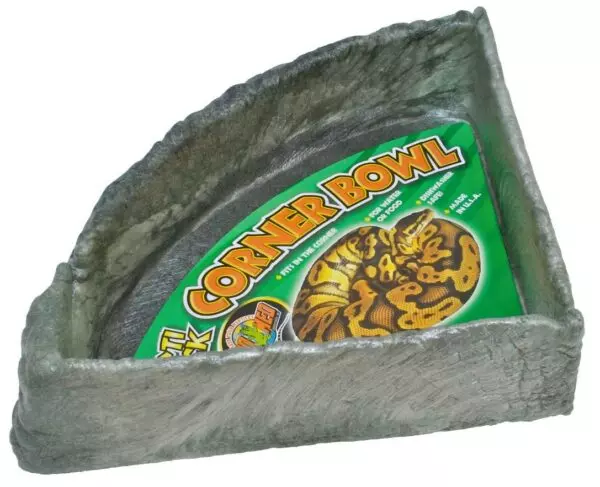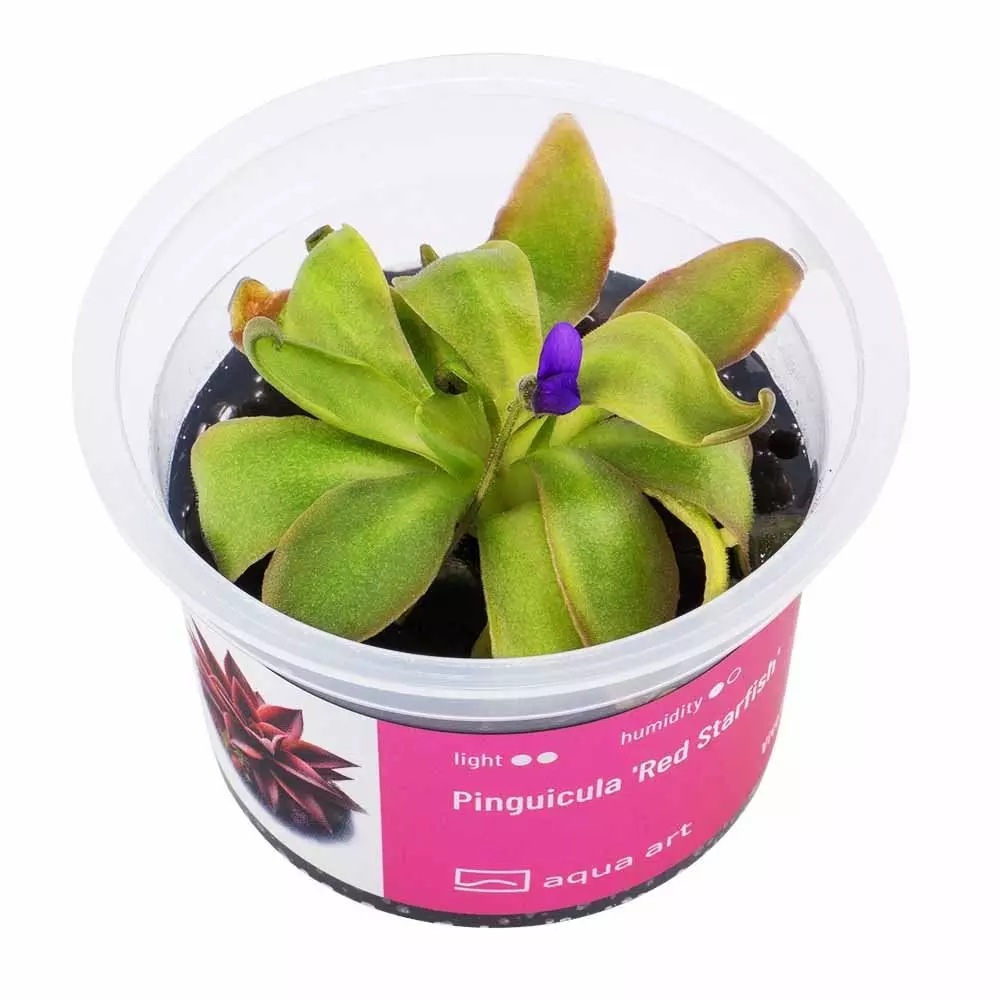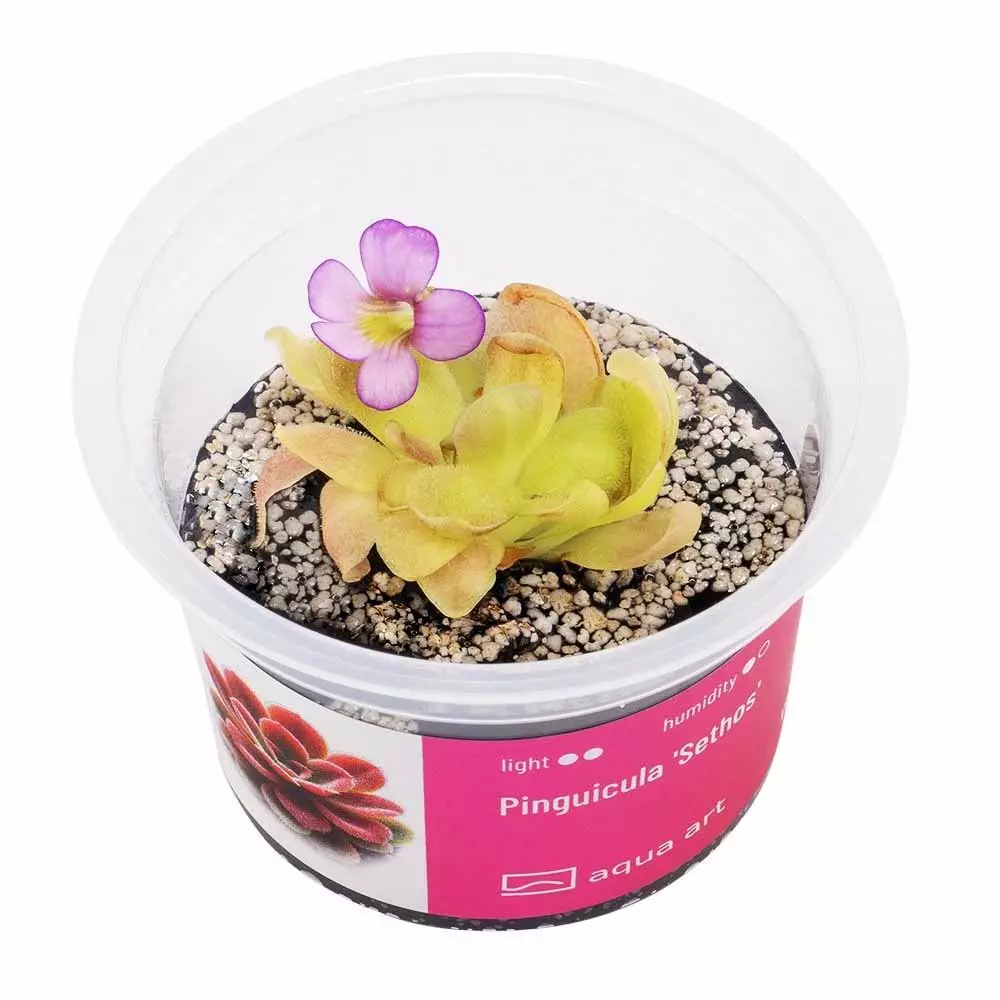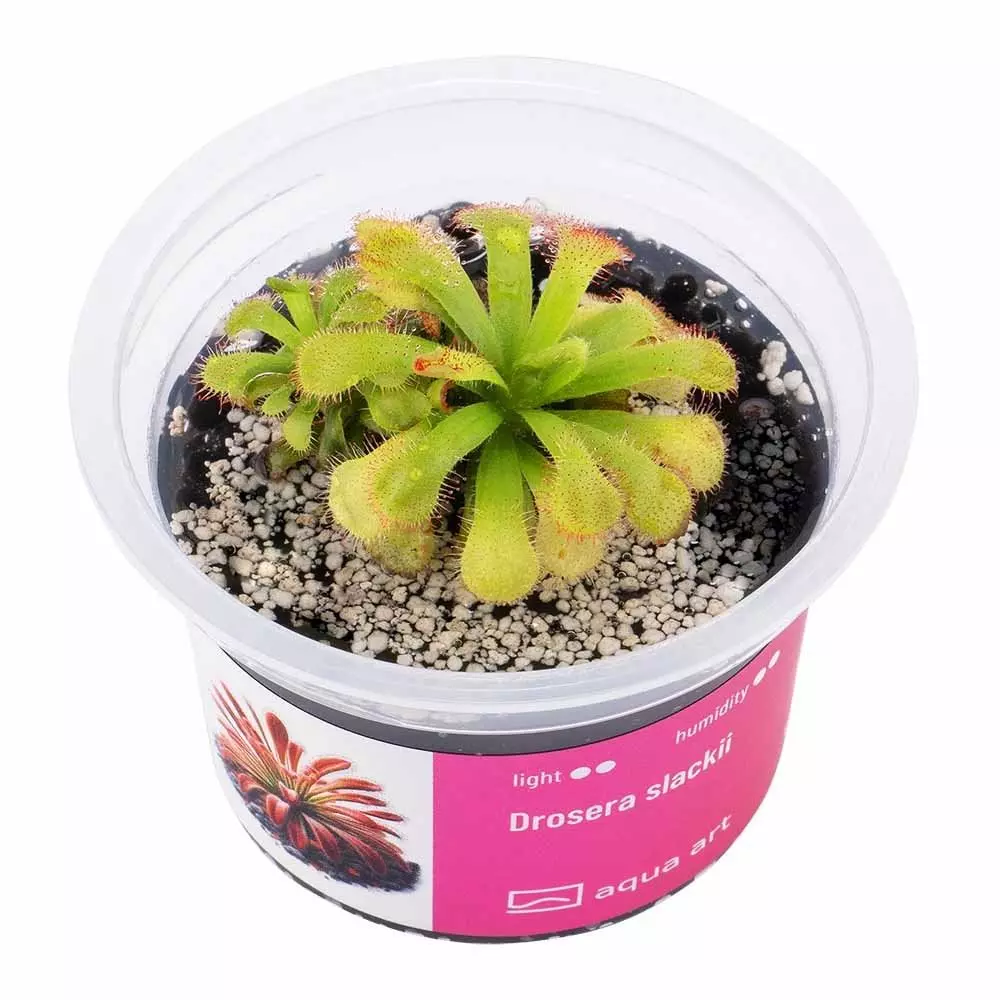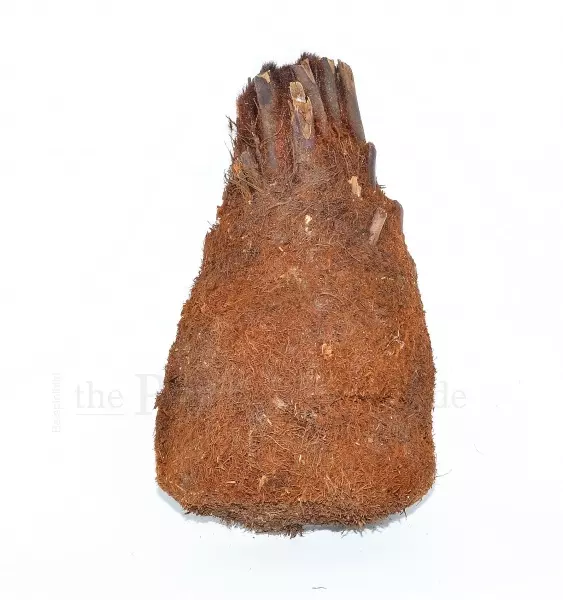
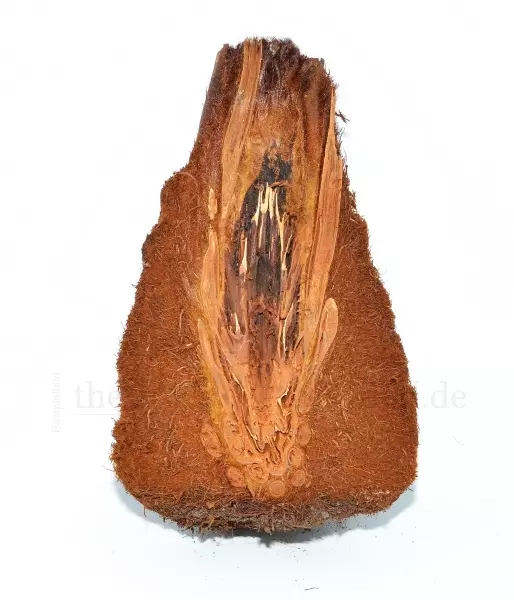
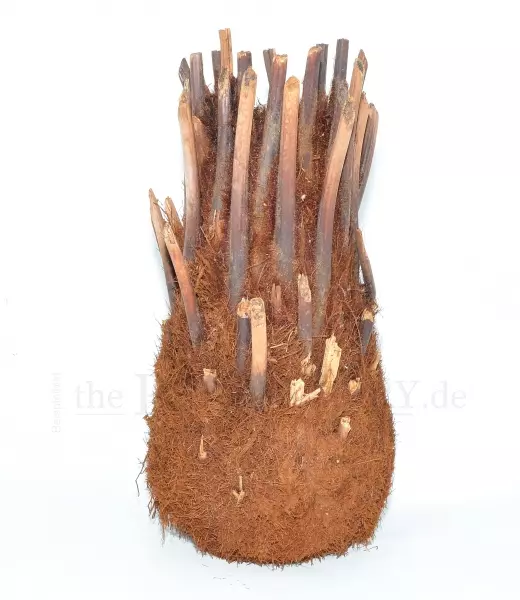













CHF 13.90
Stock: 3
Available, delivery time: 1-3 days

Xaxim trunk halved in three sizes
Xaxim is a natural material made from the trunks of tropical tree ferns. Xaxim is particularly suitable for greening terrariums, as all kinds of plants such as ferns, bromeliads, orchids and mosses can root well on it.
The Xaxim in and of itself often already harbors a variety of ferns and tree shoots, which thrive after a few weeks.
0 of 0 reviews
Login
Customers also bought
Similar products
Customers also viewed
